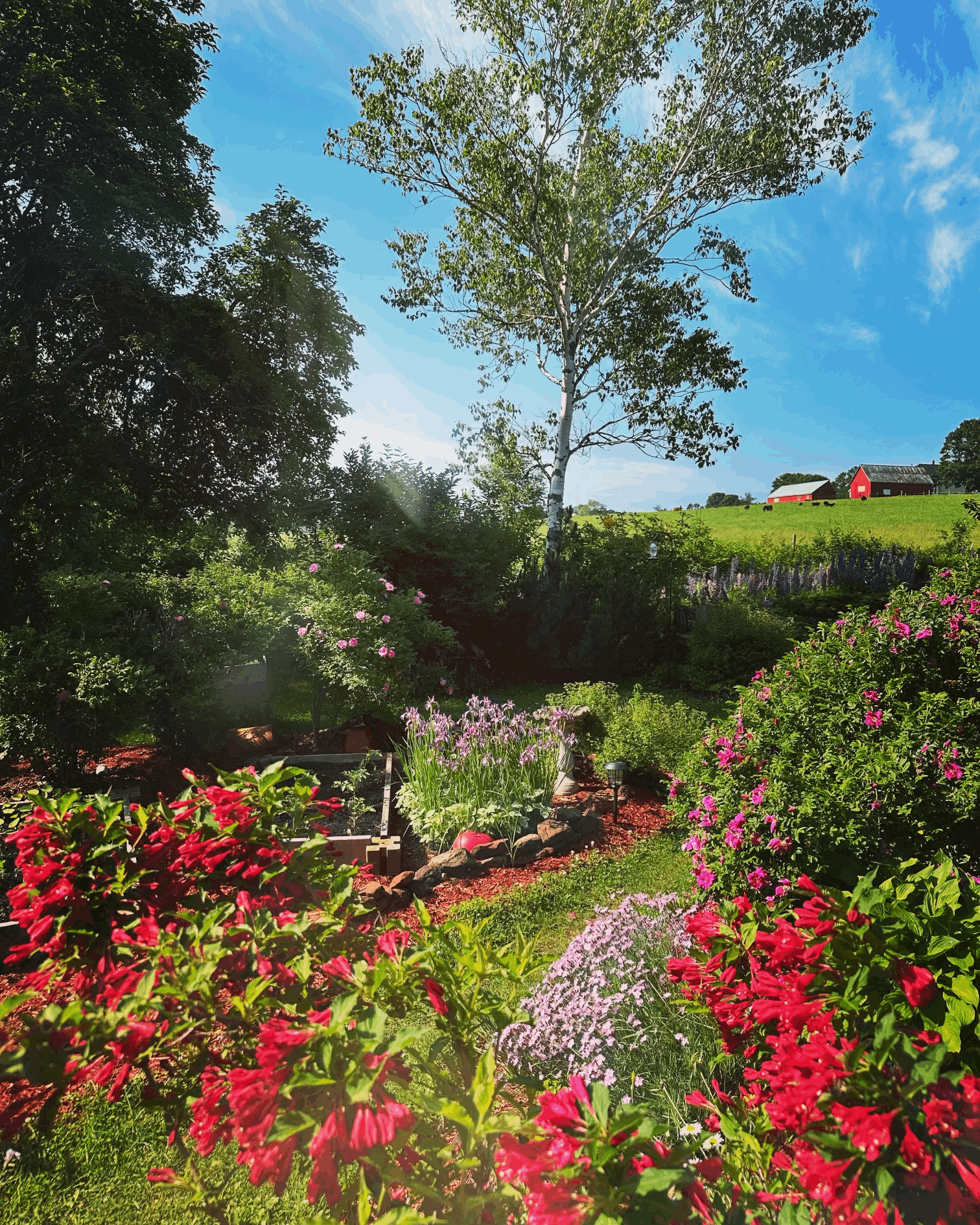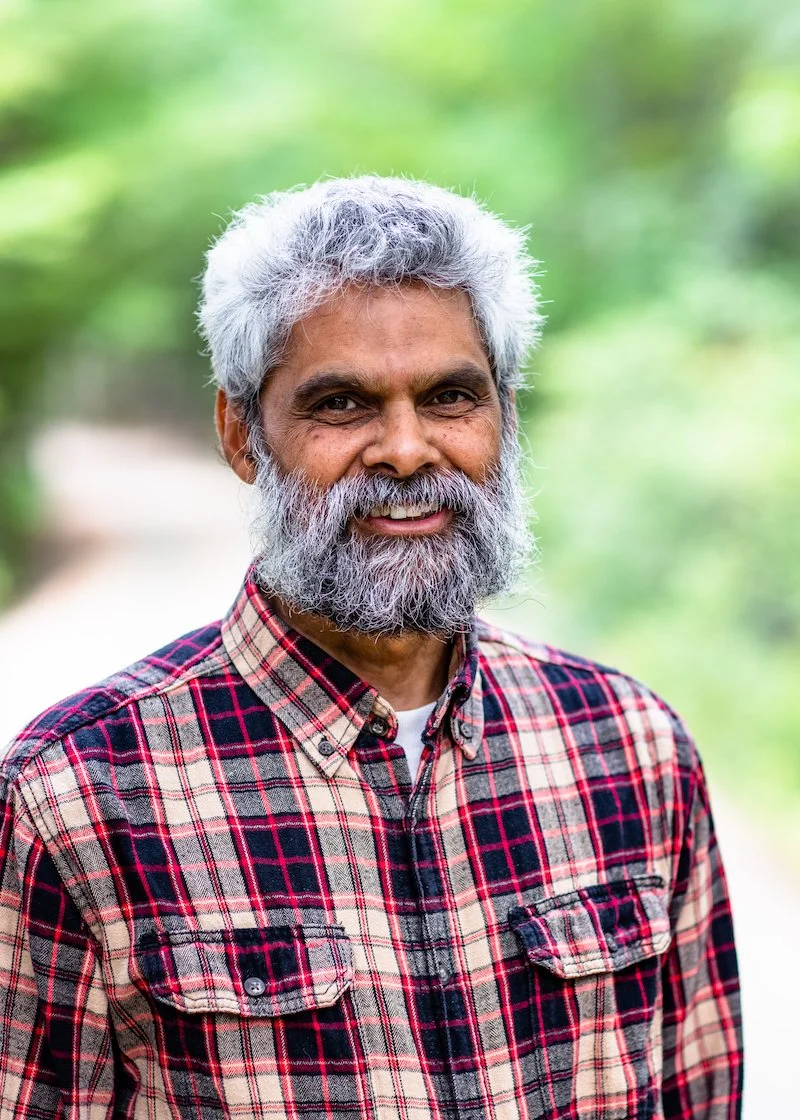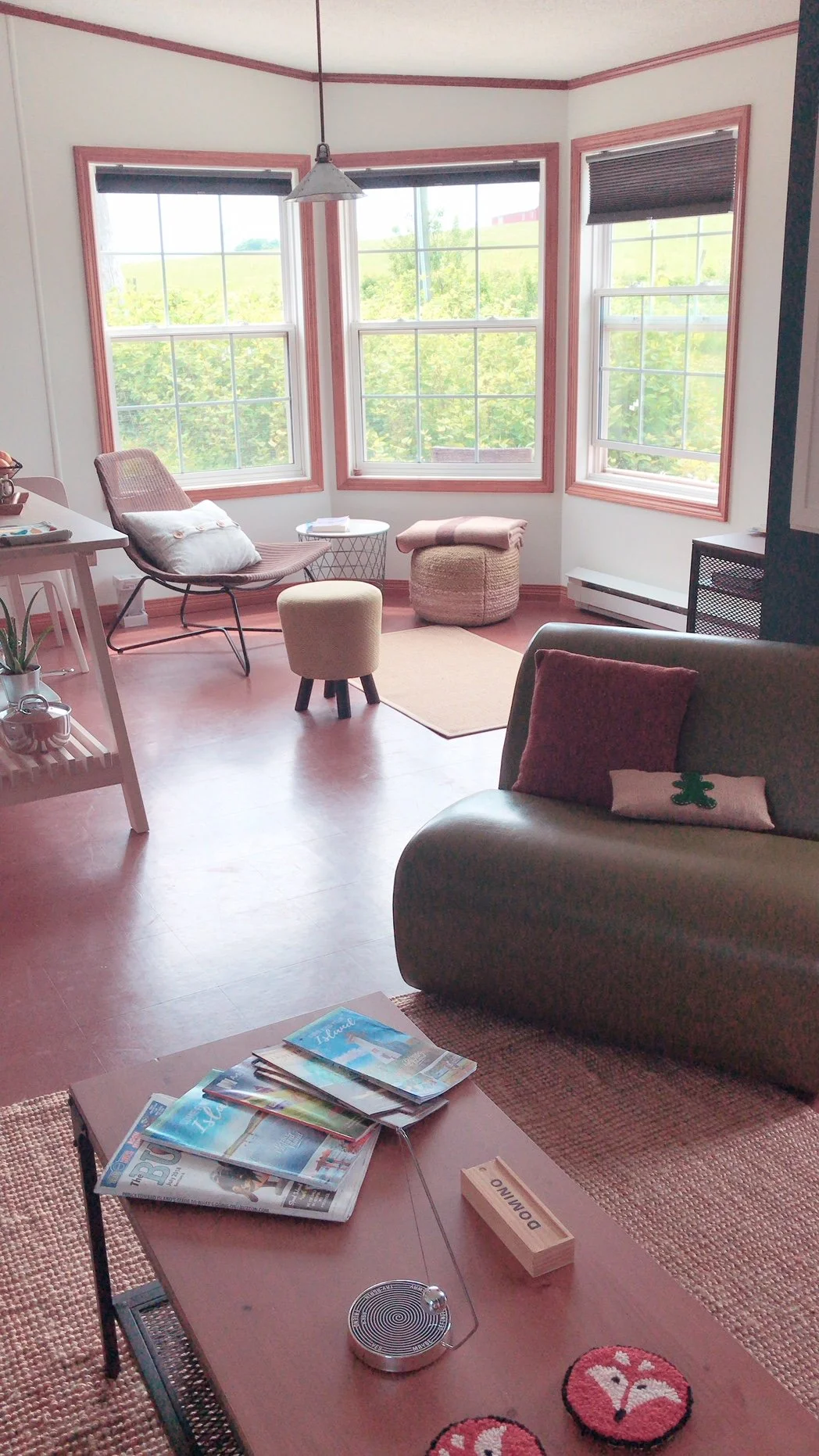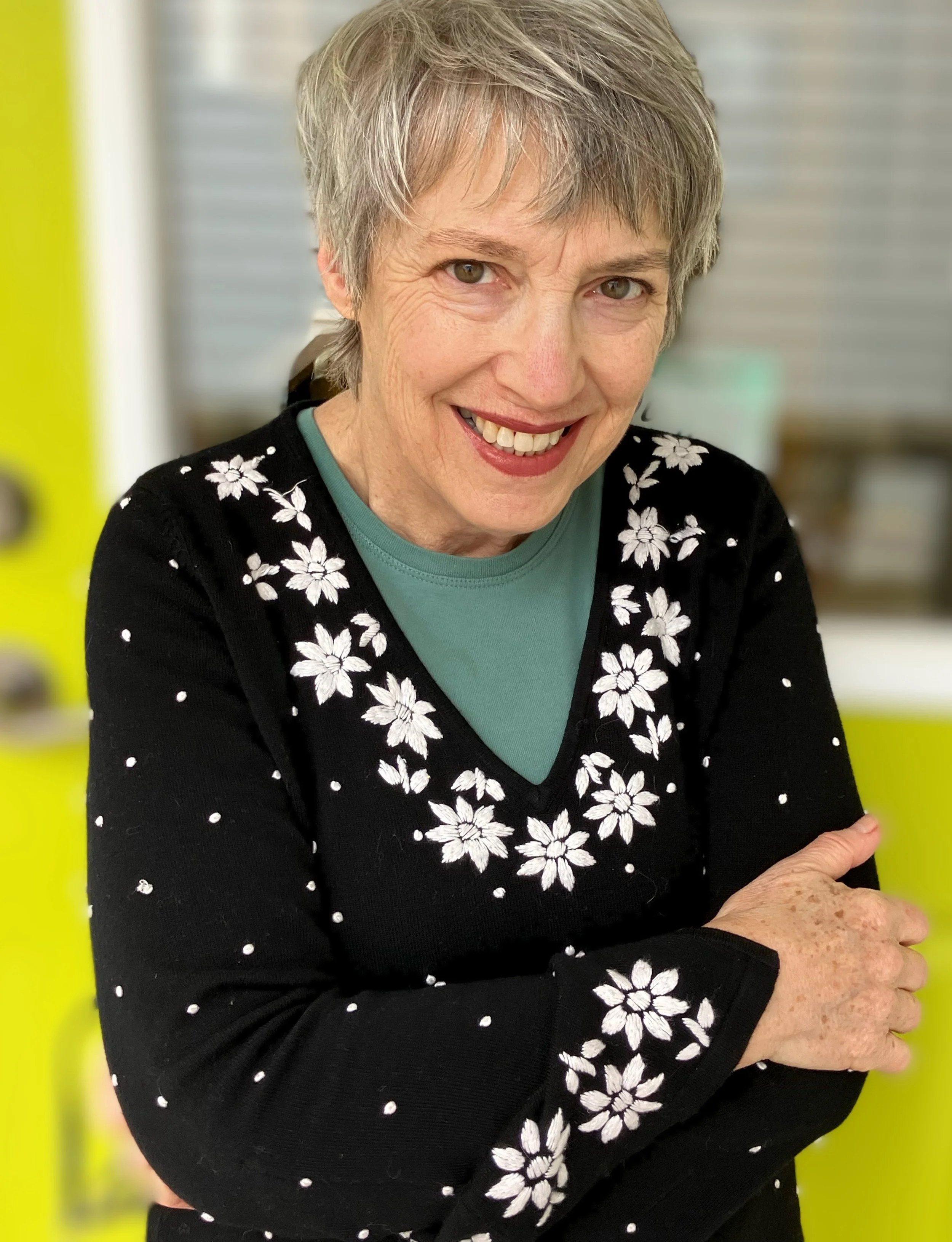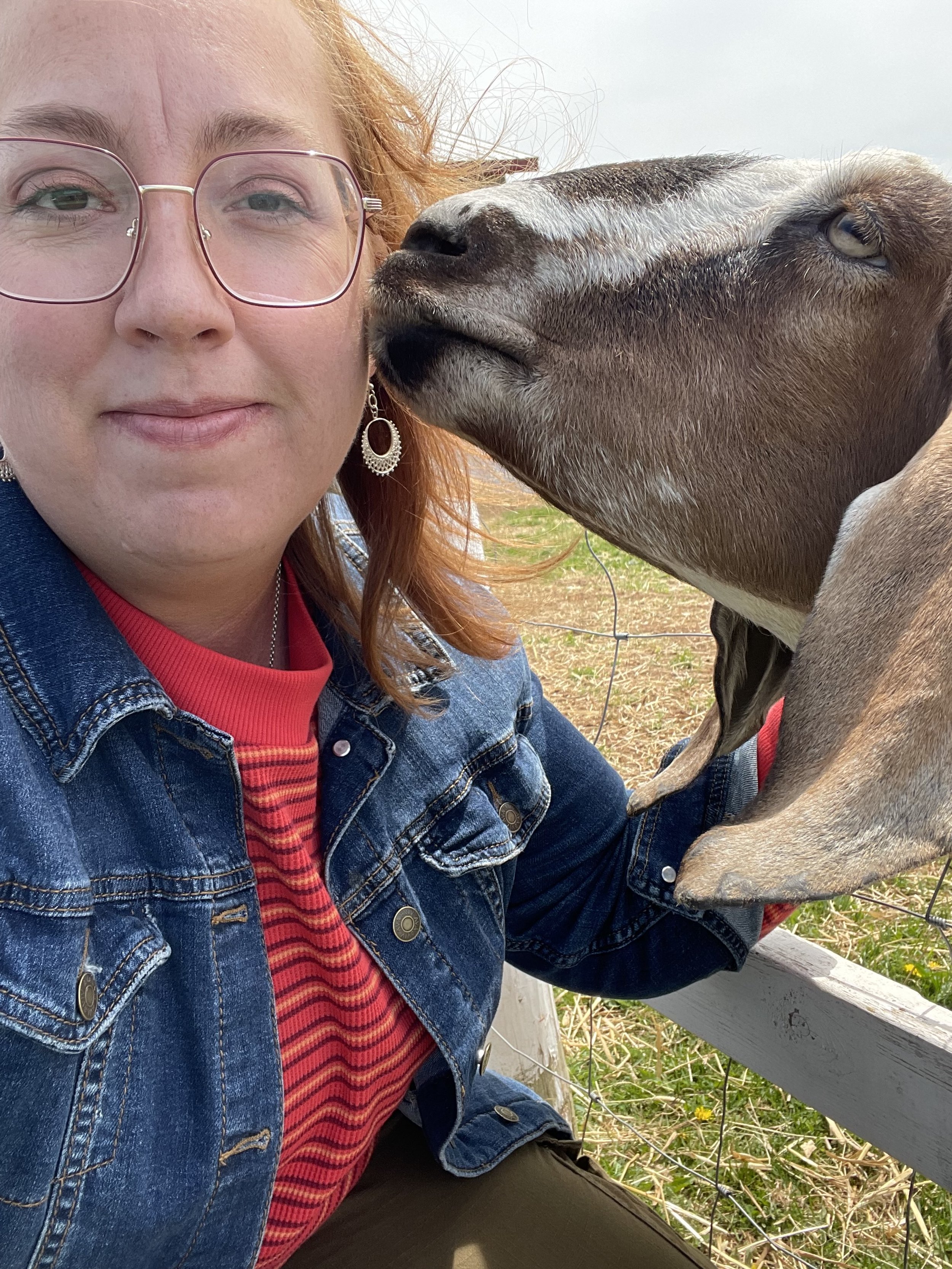Tell us a bit about the project you worked on during your week at The Hideout.
I was at The Hideout in the spring of 2021 to work on a collection of short stories that are based on my experiences as a lifeguard in the Toronto suburbs in the late 1980s and early 90s. More specifically, I wanted to develop three key stories: two of them start and end the collection, so I knew they would need to do a lot of heavy lifting in terms of introducing readers to my aquatic world and the main characters, and in establishing the atmosphere and central themes. The third story occurs about mid-way through the collection, so I envisioned the trio serving as a sort of spine for the whole collection.
What did you enjoy most about your residency week?
I'm all about a good daily routine to help keep me (and my writing) humming along. But too much of this good thing can bog me down, since routine involves same-old spaces and same-old time commitments. Retreats shake all of this up by providing you with a new space in which to work, and by disconnecting you from all of your regular commitments. It's like pressing a refresh button on your writing life. In my case, I was also at The Hideout a year into the pandemic, so getting out of my house was in itself a much-welcomed change.
Why are residencies and retreats so vital for writers?
It can be difficult to explain the job of writer to people who are not writers themselves, and for this reason, it can be equally as difficult to safeguard and privilege the task of writing. Residencies and retreats are hosted by people who 'get' that job, so in addition to gaining the space and time I mentioned above, you also gain a nice sense of validation or legitimacy as a writer.
Any tips for folks thinking about applying for a residency?
After my residency, I returned home—exuberant—because I accomplished what I set out to do: I had written a brand-new draft of the first story and had also fleshed out ideas for the concluding and mid-point stories. If I did not finish the whole collection during the retreat (I was in for another two years of hard work), I had made essential progress. My literary beast now had a sturdy backbone, and for the first time, I could also see the overall narrative arc of the collection. So my advice to anyone considering a retreat? Think small. Think specific. You want to come away from a retreat feeling like you are one step closer to where you want to be. I also advise writers to choose a place that offers them a chance to get away from their computers and recharge their bodies and minds. Thanks to the beautiful property surrounding The Hideout, and the complimentary yoga equipment, I was able to do just that on my breaks.
Born and raised in Toronto, Ontario, Robin Sutherland is a writer and educator who now lives on Prince Edward Island. She writes short fiction and memoir, as well as Christmas feature scripts through Sea Stone Pictures, a company she co-founded with two other writers. Her short fiction has appeared in SPLASH!, The Broken City, lichen, Room of One’s Own, and Zygote.
